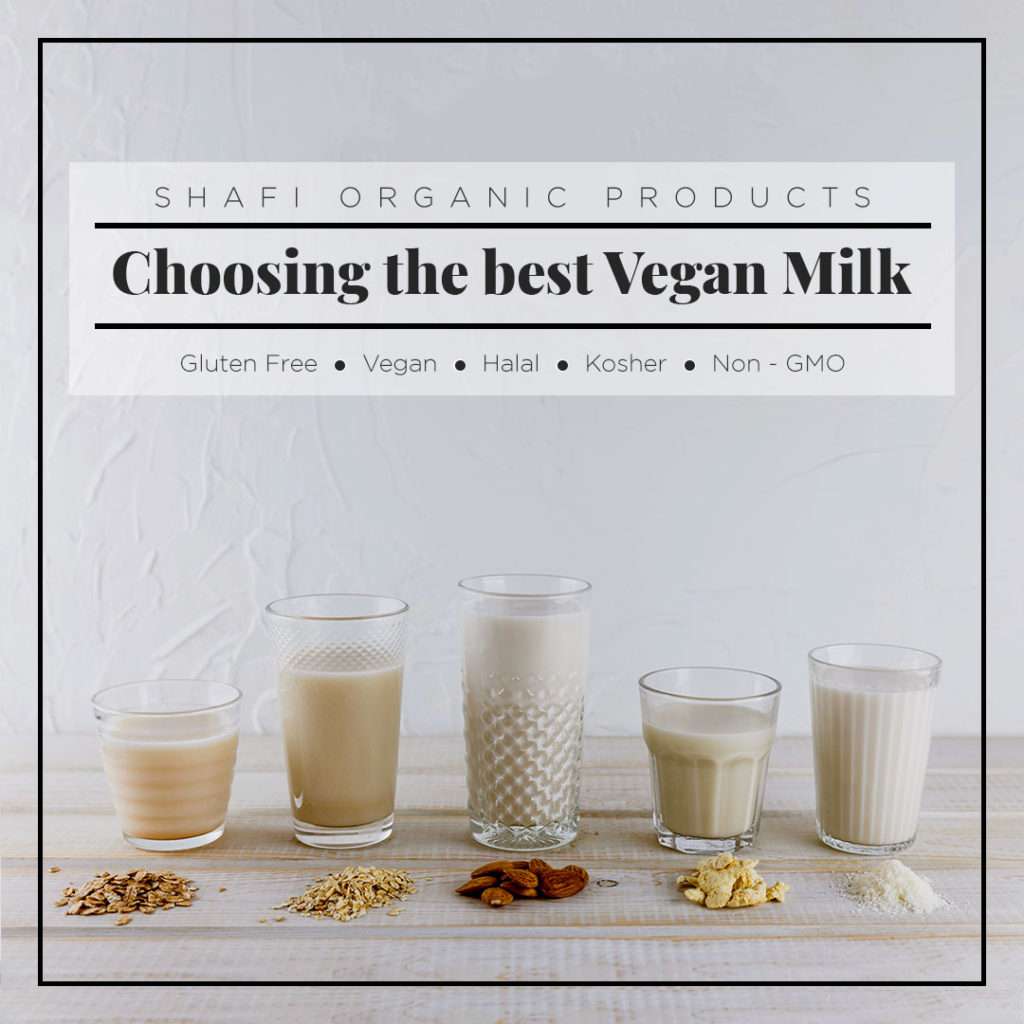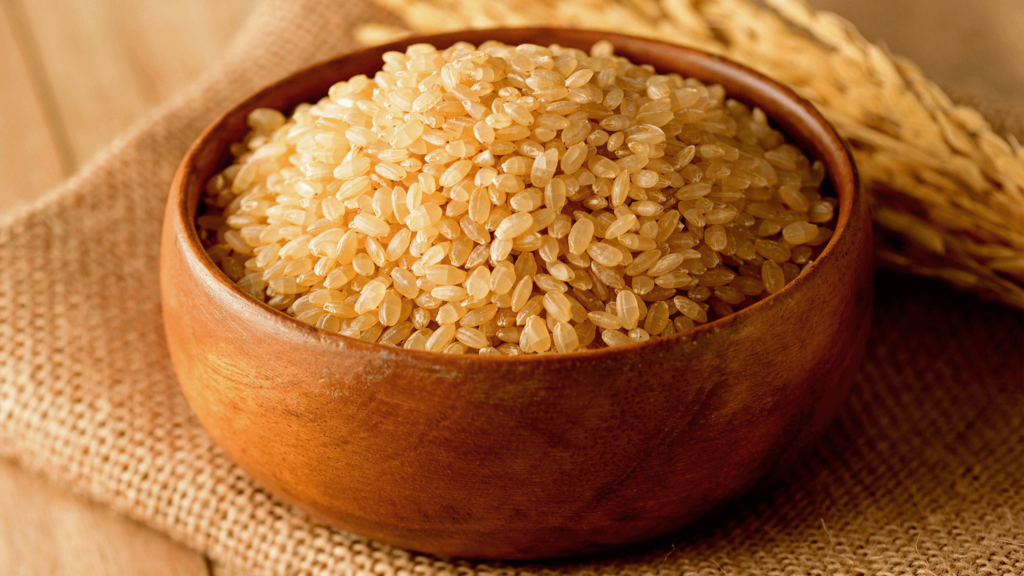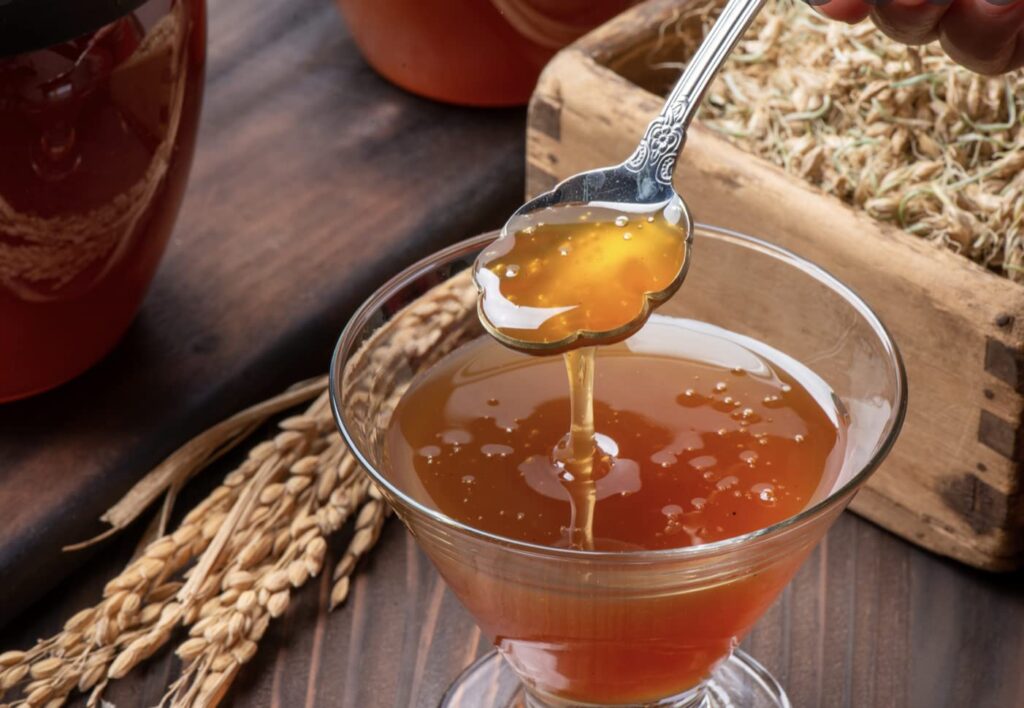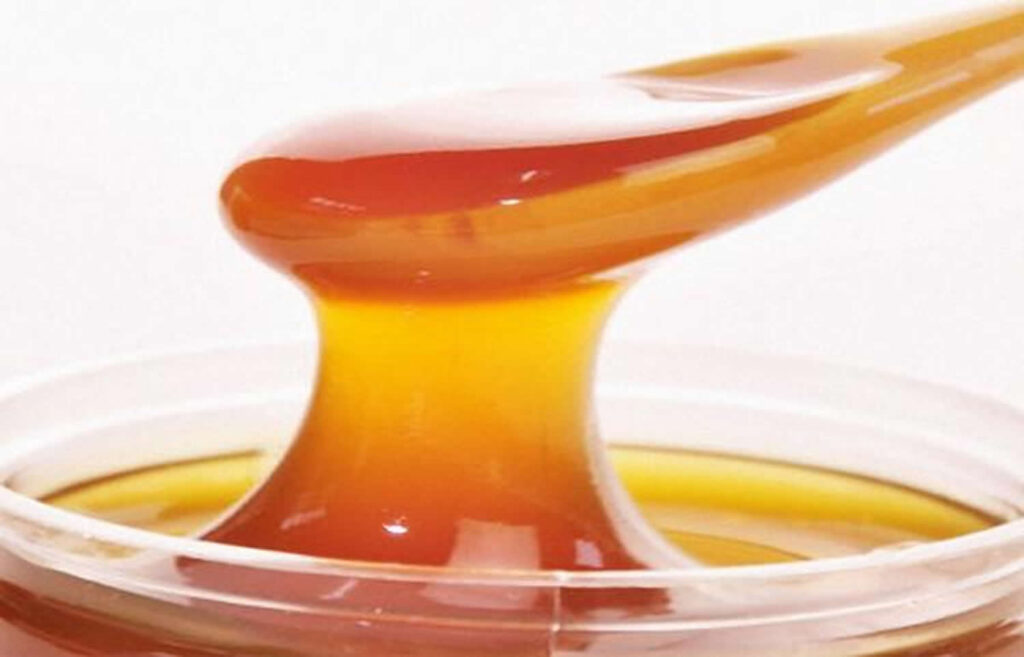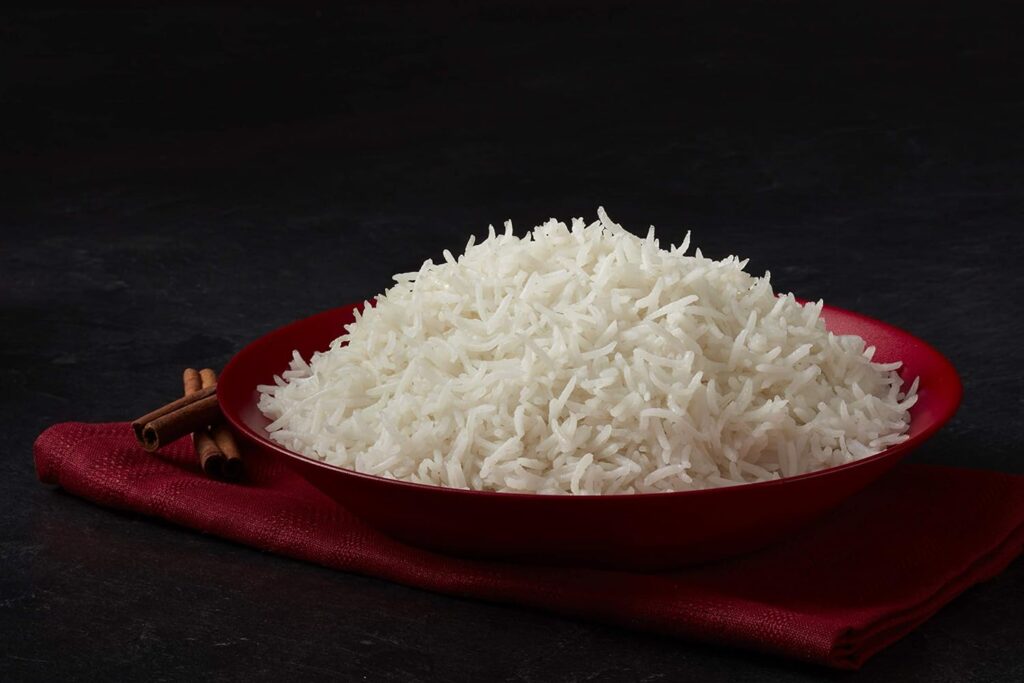Are you new to veganism? Choosing a non-dairy milk alternative can be overwhelming with the variety of plant-based milk found in grocery stores now. Since 2011, sales of this vegan milk have gone up to 30%. Vegan aka non-dairy is here to stay. Here we have listed a few dairy-free alternatives. Try a couple and find your favorite.
Rice Milk
Sweet in flavour and mild in taste Rice milk is a hypoallergenic, free from trans-fat and gluten-free substitute to dairy milk. Used primarily for cooking and baking, it is low in calories with very little fat or protein and abundance of carbohydrates. It can be enjoyed with cereal, smoothies and drinks. Owing to its attributes, Rice Milk is the least likely of all of the milk variants to cause any sort of allergies. That makes it a good choice for people with lactose intolerance or allergies to milk, soy, or nuts!
Oat Milk

Oat milk is void of saturated fat, loaded with fibre and contains more protein than plant-based milk. The fibre helps lowering cholesterol and regulates digestion. It is naturally sweet; therefore it is great for baked goods like cookies and cakes. Moreover, it is not suitable for people with diabetes since it has more sugar and carbohydrates than other kinds of milk.
Soy Milk
Soy milk is probably the most well-known dairy alternative, made from soybeans. Soy milk has the same amount of protein as whole milk and is a complete protein. This milk contains compounds that protect against osteoporosis, cardiovascular disease, and cancer, and lowers cholesterol too. Moreover, it can be used for baking and cooking, and also for coffee. It comes in various flavours now like chocolate or vanilla.
Almond Milk

Almond milk has less protein and fewer calories. You can have it with cereals, cookies or by the glassful, it is incredibly versatile. It is a rich source of calcium and contains powerful antioxidants that can protect against heart disease and cancer. Almond milk lacks both lactose and casein, and is very digestible, and is perfect for people who have an allergy.
Pea Milk
Pea Milk other than soy is the only option that rivals the proteins in cow’s milk. Moreover, it is also a source of iron and is fortified with calcium, vitamin A and D, and omega-3 fatty acids. Since pea milk is dairy-free, it is good for people for lactose intolerance. It has fewer calories than cow’s milk and 50% more calcium than cow milk. And it helps that it is an eco-friendly option that uses less water.
Coconut Milk

Coconut milk is high in saturated fats, and in terms of calories is similar to skim milk, and is rich in zinc, magnesium, and potassium. Moreover, the presence of lauric acid in the milk maintains the elasticity of the blood vessels and boosts the immune system. Furthermore, coconut milk has a sweet coconut taste and is ideal for baking and cooking.
Hemp Milk
Hemp milk is high in fat (most of them are unsaturated fats) and low in carbohydrates. Hemp is a great ingredient that goes well with a lot of savoury recipes. Hemp milk is a good source for omega-3 fatty acids that help support brain function and good heart. Furthermore, hemp does not require fortification unlike other milk substitutes since it naturally contains calcium.
Cashew Milk

New on the radar, it has recently become popular and for good reasons. It is rich in protein and super creamy, like soy milk. It is suitable for cooking and baking, however, it is pricier than other options. The milk contains unsaturated fats that are heart healthy and is a good choice for people with diabetes who need to keep an eye on their carbs intake.
Flax Milk
New kid on the block, flax milk is free of cholesterol and contains omega-3 fatty acids (important for brain function). Moreover, for people who cannot consume nuts, soy or lactose it is free from a lot of allergens. It has poor flavour however so it is sold with added flavours. Furthermore, it has no proteins but is a good source of calcium.
Hazelnut Milk

Hazelnut, compared to other nut milk has more calories and not much protein. However, it contains fiber that can facilitate digestion and lower cholesterol. Moreover, it is great to be used in desserts and drinks. It is perfect for coffee because of its strong flavor. It has a nutty flavor, and also comes in chocolate flavor.
Conclusion
Recent years has seen a rise in the demand of the plant-based milk market. Owing to their nutritious properties and attributes, many non-Vegan and non-Lactose Intolerant are now also moving towards the consumption of plant-based milk. However, with so many variants available it can take you a while to decide which one you love the most!

